In recent years, blockchain technology has emerged as a game-changer in various industries, and the Indian agricultural sector is no exception. Blockchain can revolutionise agricultural processes by providing a transparent and secure digital ledger, enhancing efficiency, traceability, and trust among stakeholders.
The blockchain in the global Agriculture and Food Supply Chain Market Size was valued at $285.34 Mn in 2022 and is estimated to reach $7,378.68 Mn by 2031 at a 43.76 % CAGR during the forecast period for 2023-2031.
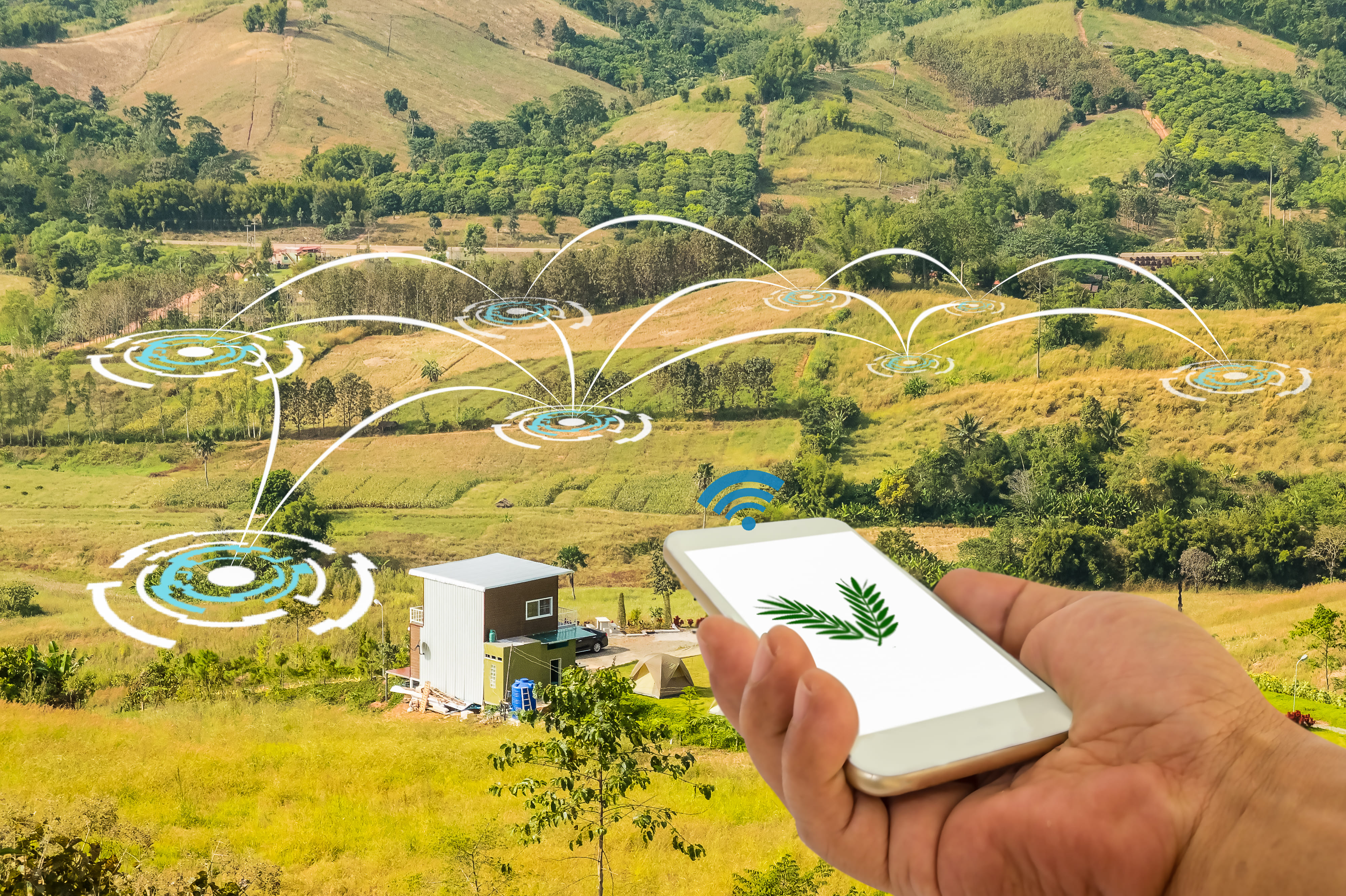
- Enhanced Supply Chain Efficiency:
Blockchain can address the lack of transparency and accountability in the supply chain by creating a decentralised system where every transaction, from farm to fork, is recorded tamper-proof. This enables farmers & other stakeholders to track the movement of goods, ensuring authenticity and reducing the chances of fraud.
- Improved Traceability and Quality Assurance:
Blockchain can significantly enhance traceability in the agricultural sector, tracing the origin of consumer’s food, including information on the farm it was grown, the chemicals used, and the handling processes.
- Smart Contracts for Fair Trade:
Blockchain-powered smart contracts can facilitate fair trade in the agricultural sector & automate payments and deliveries based on predefined conditions. Farmers can receive instant payments for their produce, eliminating the need for intermediaries and ensuring fair prices.
agribazaar offers such intelligent agri trades for agri stakeholders that minimises the chances of disputes, as the terms and conditions are coded into the contract.
- Access to Finance and Insurance:
For small-scale farmers in India, blockchain provides access to finance and insurance by creating a digital identity for farmers that enables financial institutions and insurers to assess creditworthiness accurately and provide customised financial products. Crop insurance systems can streamline the claims process, reducing paperwork and delays using blockchain.
- Data-driven Decision Making:
Smart devices connected to the blockchain, with IoT & AI, can collect real-time data on weather conditions, soil moisture levels, and crop health. This information can be analysed to provide valuable insights for optimising farming practices, improving crop yields, and reducing resource wastage.
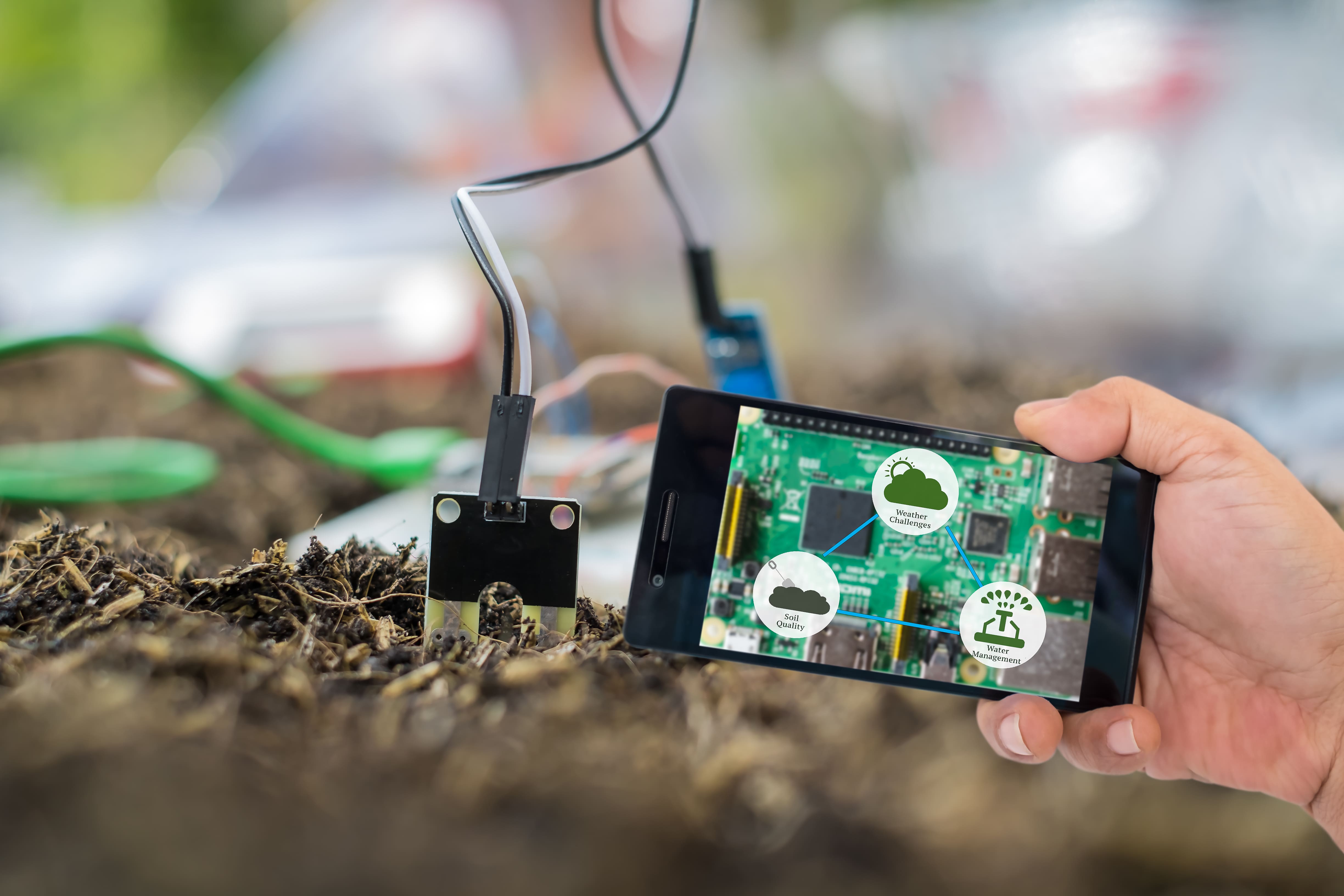
Conclusion
Blockchain technology holds immense potential to transform the Indian agricultural sector by increasing transparency, traceability, and efficiency. Fostering stakeholder trust and streamlining processes can help address challenges such as supply chain inefficiencies, fair trade, and access to finance.
agribazaar has been working towards strengthening the Indian agri community with the most innovative technological and advanced solutions.
As the adoption of blockchain technology in agriculture continues to grow, it is likely to create a more sustainable, resilient, and inclusive agricultural ecosystem in India.

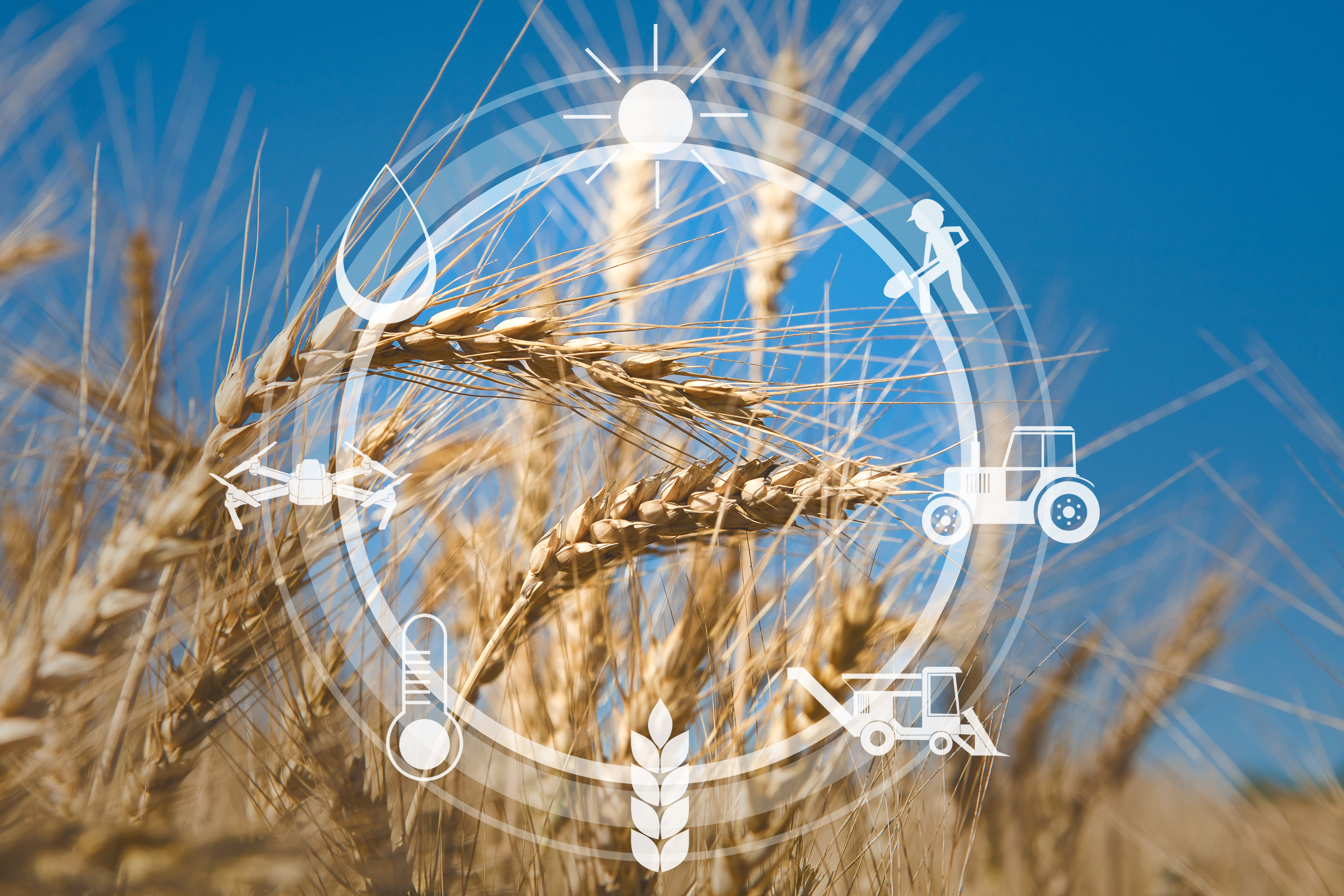
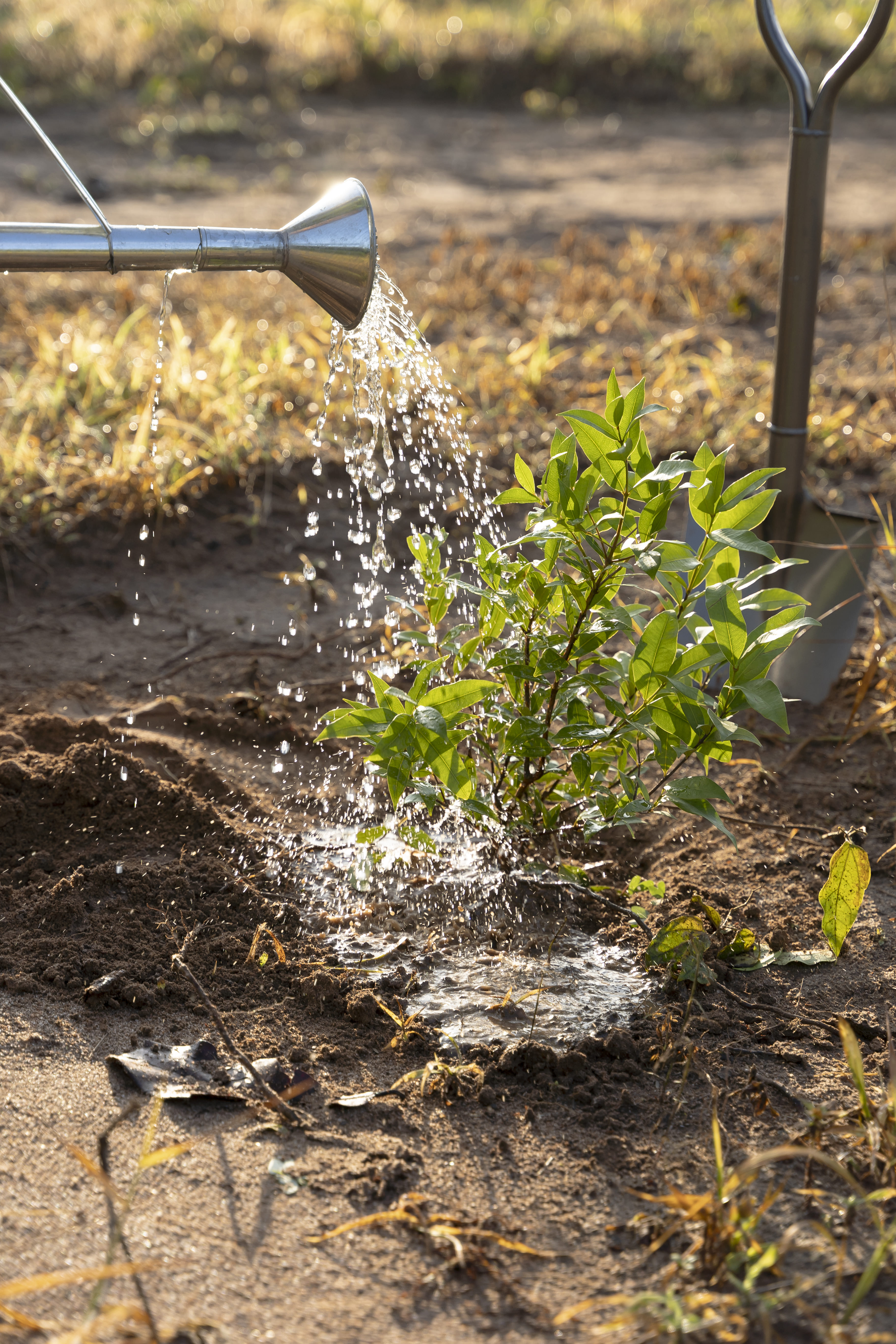

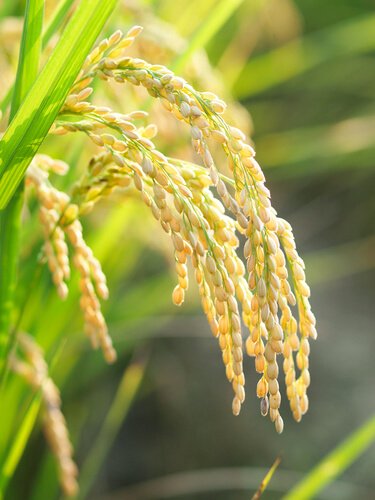
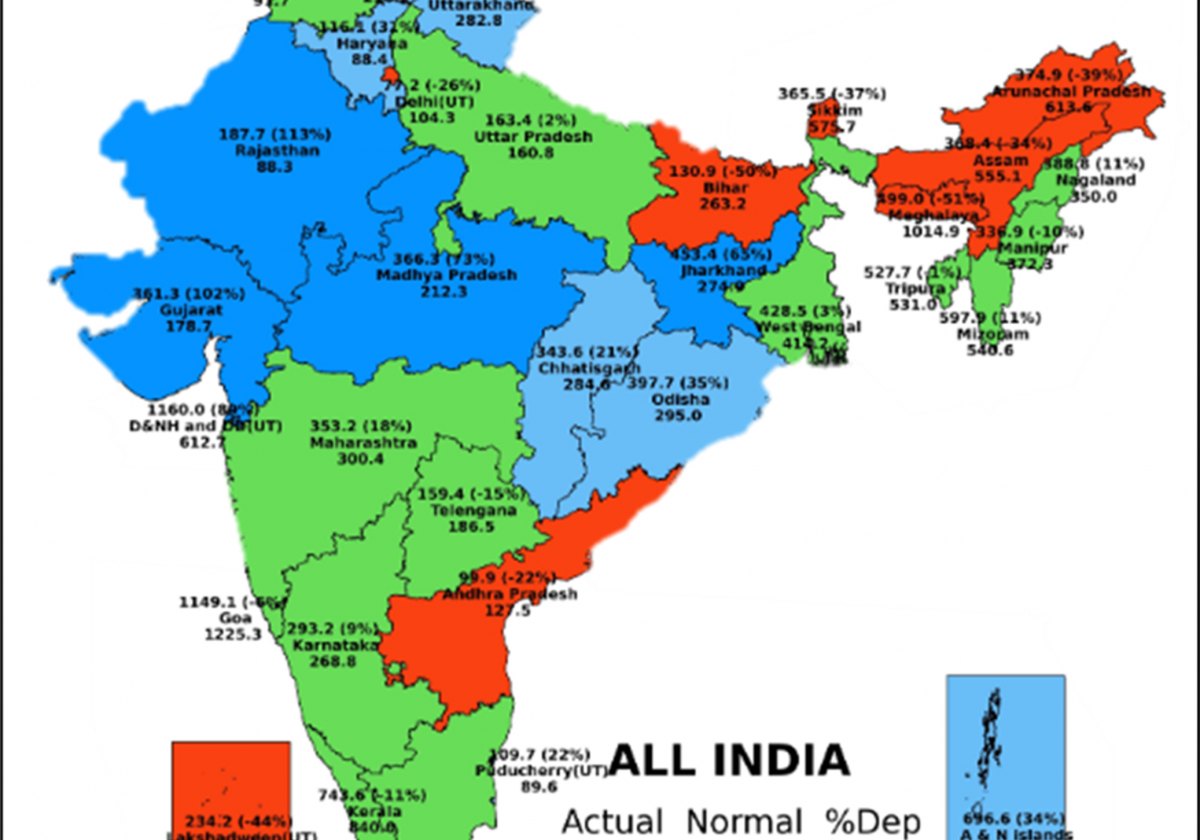

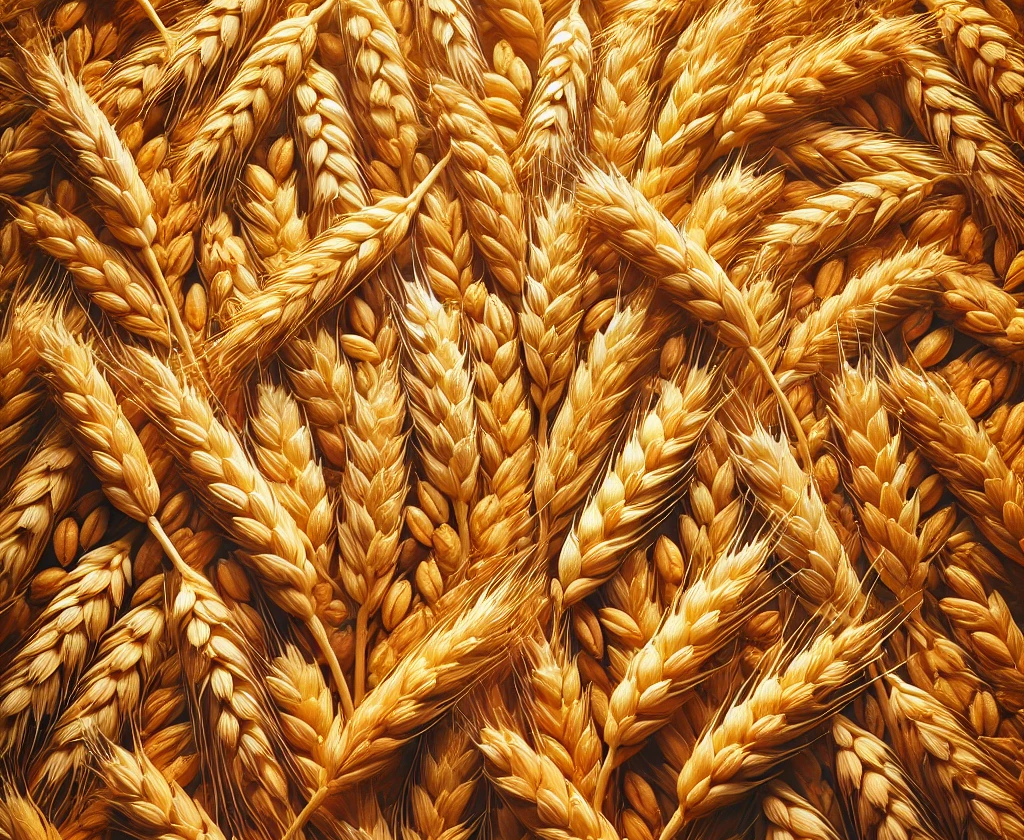
 Connect With Us
Connect With Us